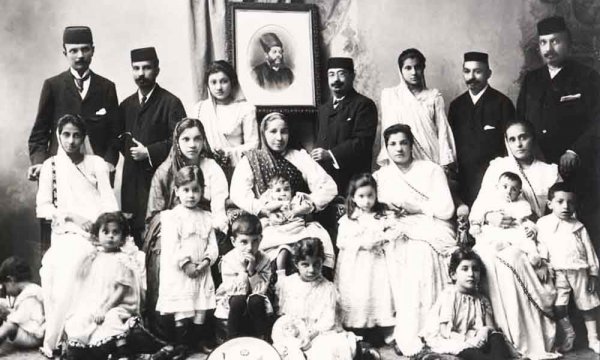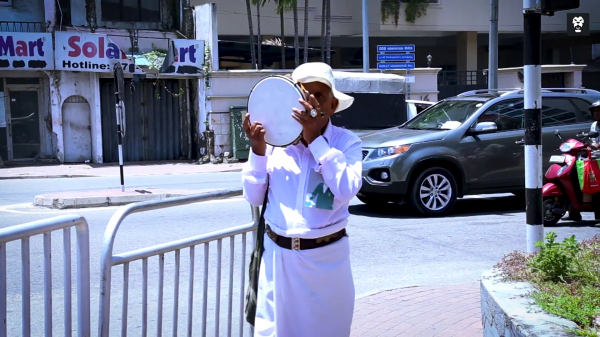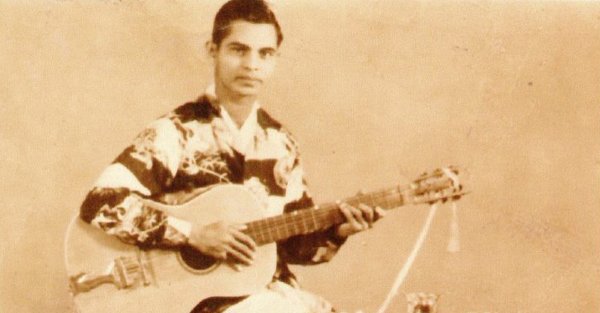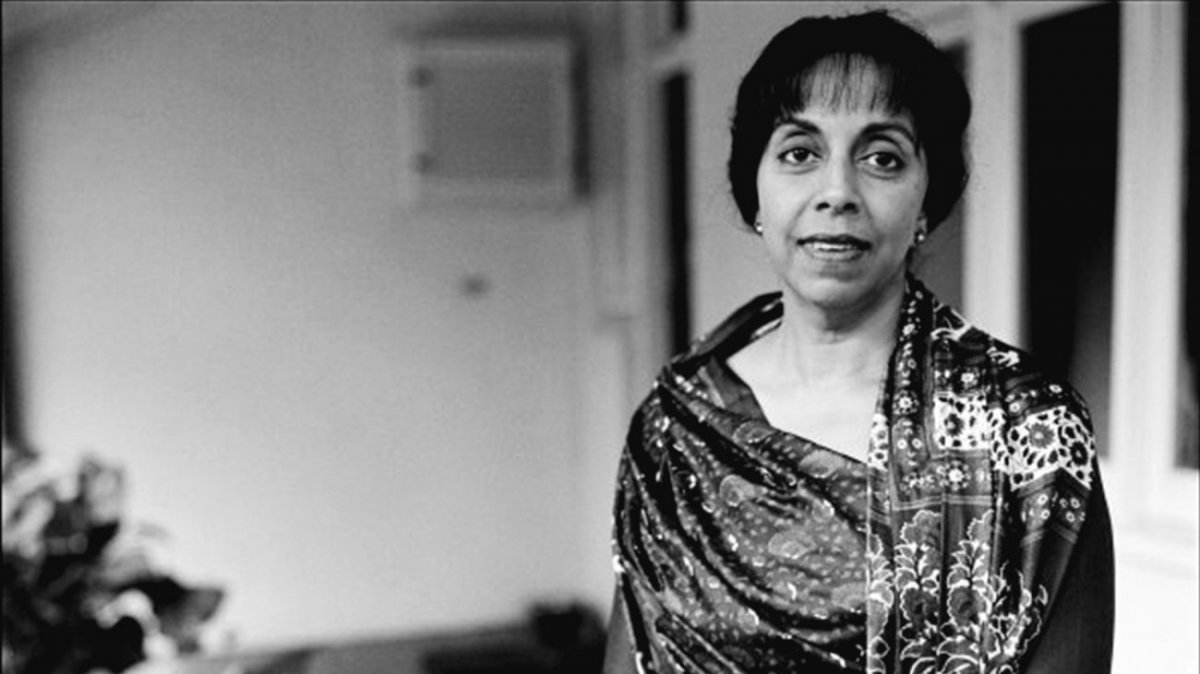
“Women,” award-winning author Carl Muller once remarked, “have become the standard bearers of Sri Lankan writing in English in the past 50 years”.
That this statement rang true, and continues to ring true, is evident in the profusion of quality English writing put forth by Sri Lankan women prior to, and after, its being made.
After Rosalind Mendis made history in 1928 as the first Sri Lankan woman to publish a novel, there emerged a handful of notable Sri Lankan women writing in English, who played as important a part – or, perhaps, an even more important part than – their male contemporaries in the shaping of the Sri Lankan English literary tradition.
It is their efforts that paved the way for more and more female writers to enter Sri Lankan literary circles, and so, on International Women’s Day, Roar Life draws your attention to four of the pioneering female voices in Sri Lankan English literature.
Jean Arasanayagam
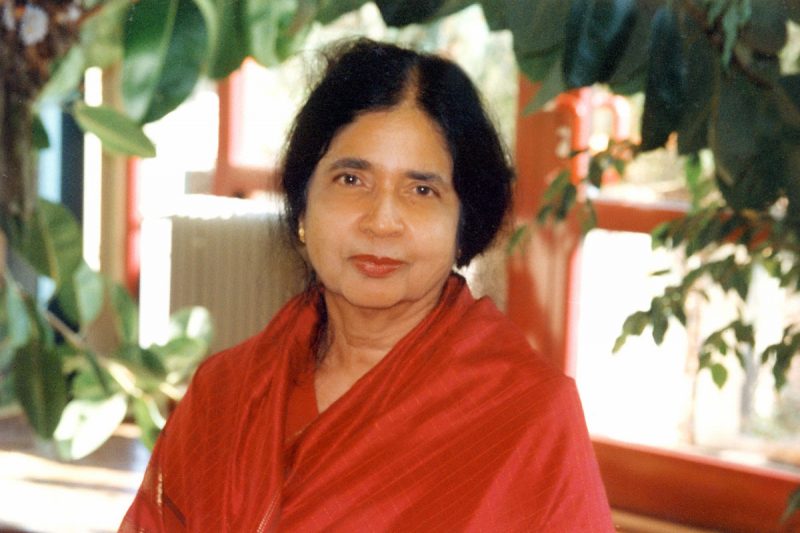
Jean Arasanayagam is most well known for her work concerning the ethnic conflict. Image courtesy The Sunday Leader
Born Jean Lynette Christine Solomons into a family of Dutch descent, it is Jean Arasanayagam’s marriage to her husband, Thiagarajah Arasanayagam, of Tamil ethnicity, combined with the events of Black July, that inspired the solemn themes of ethnic and religious conflict found in the war poetry for which she is most well-known.
Her work, however, comprises a much wider spectrum of themes and forms, and as she herself once said, her writing, which sometimes takes the form of prose, concerns “everything – people, relationships, travel, [herself] in relation to the world [she inhabits]”.
A painter as well as a writer, Arasanayagam’s writing is inherently visual, and conjures vivid images in the mind of its reader.
It is perhaps this, her unique style, that earned her the profusion of awards and honours she has amassed over the years, among which her doctorate in letters from Bowdoin College, USA, takes a central place.
Punyakante Wijenaike

It is the skillful use of simple language that sets Punyakante Wijenaike’s writing apart
Image courtesy The Open University of Sri Lanka
Punyakante Wijenaike’s writing, which spans over a hundred short stories and several novels, concerns itself exclusively with Sri Lanka and Sri Lankan life.
Despite being born and bred in relatively affluent circumstances in Colombo, much of Wijenaike’s early work concerned itself with village life, and it is only later that urban settings and themes found their way into her writing.
What is most intriguing about her work is her use of simple language to explore complex themes in a striking manner, and it is an indication of her phenomenal storytelling skills that her bestselling novel, “Giraya”, was adapted into a teledrama by renowned filmmaker Lester James Peries.
Wijenaike has also, over the years, amassed a host of honours, among which the most notable are receiving the Woman of Achievement Award in 1985, the rank of “Kalasuri Class 1” for her achievements in literature in 1988, the Gratiaen Award for her novel Amulet in 1996, and the Commonwealth Short Story Competition for Radio, alongside an author from Sierra Leone.
Yasmine Gooneratne
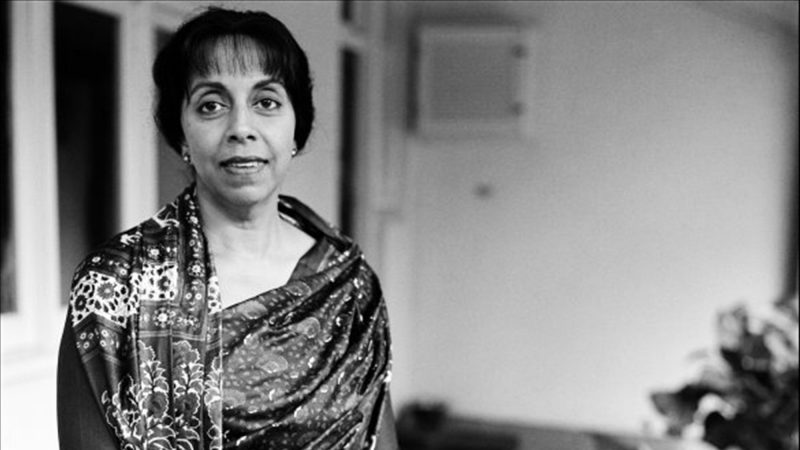
Yasmine Gooneratne’s work spans an impressive number of genres and themes. Image courtesy ABC Australia
Yasmine Gooneratne is a poet, novelist, and critic whose work spans over 20 published books, ranging from critical studies of works, to literary essays, poems, short stories, memoirs, and novels.
Recurring themes found in her writing are the study of how the past affects the future, the form of poetry, and the question of aesthetics, as well as more straightforward themes such as that of immigration.
She is a vocal advocate of women’s rights and empowerment, and has even compiled a book celebrating women in Sri Lankan English literature.
Gooneratne has, over the years, amassed a number of awards: her debut novel, A Change of Skies, won the Marjorie Barnard Literary Award for Fiction in 1992 and was shortlisted for the Commonwealth Writers Prize in 1991. Her second and third novels, Pleasures of Conquest and The Sweet and Simple Kind, too, were shortlisted for the Commonwealth Writers Prize, with the latter also being shortlisted for the IMPAC Dublin Literary Prize in 2008. She was awarded The Order of Australia for services to Literature and Education in 1990.
Anne Ranasinghe
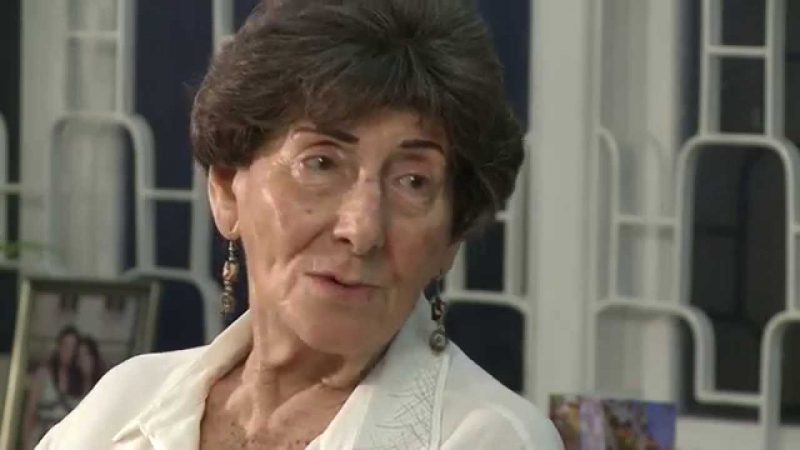
Though German-Jewish by birth, Anne Ranasinghe was a leading voice in Sri Lankan English literature. Image courtesy colombogazette.com
Born in Germany to a Jewish family, Anne Ranasinghe – then Anneliese Katz – suffered the loss of her parents in the holocaust, avoiding persecution herself only by virtue of the fact that she was schooling in England at the time.
Following her marriage, in 1949, to Sri Lankan professor D. A. Ranasinghe, Ranasinghe moved to Sri Lanka, where she lived and pursued her writing career until her death last year.
Her proximity to both the Nazi holocaust and the civil war in Sri Lanka make for an interesting, and stirring, juxtaposition of experiences, which come together to form a collection of poetry and prose that focus, primarily, on the themes of violence, alienation, and minority persecution.
Her writing has been translated into nine languages, and is so influential that the Library of Congress houses seven of her works. She was also, during her lifetime, the recipient of a number of local and international awards and honours, including the State Literary Award for Lifetime Achievement.
Despite being a country of modest proportions, that categorises English as a second language, Sri Lanka has, over the years, developed its own style and place in the English literary tradition. This is, of course, due to the poetry and prose of many, among which Sri Lanka’s women writers take a place of honour, proving, time after time, that the female voice is one that has persevered to make our uniquely Sri Lankan stories heard.

